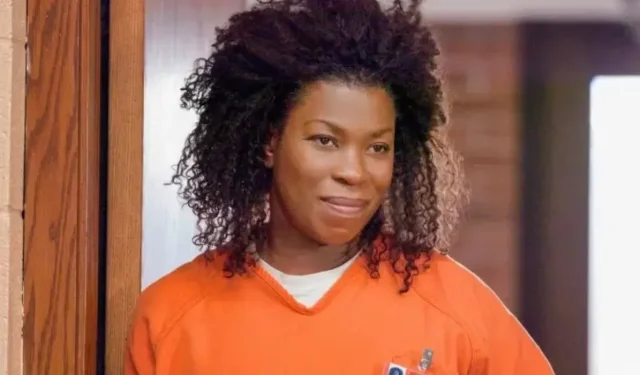
Disclaimer: This article covers sensitive topics including death, violence, suicide, and substance abuse.
Throughout television history, many comedy series have explored significantly darker themes. While some comedy shows skillfully shift into more serious narratives without alienating audiences, others have drawn backlash for veering into extreme territory. The contrast between humor and somber themes can sometimes result in a tonal disarray that leaves viewers unsettled. This article examines notable instances where the transition from levity to gravity was perceived to be excessive, impacting the show’s reception.
Some dark comedy series manage to strike a balance between the two genres, cleverly interweaving light-heartedness with heavy subject matter. Nevertheless, many shows faltered, as their serious tonal shifts overshadowed the humor that once defined them. The unexpected departure from the established atmosphere often left audiences questioning the show’s direction.
10 Boo’s Death Reveal
Fleabag (2016-2019)
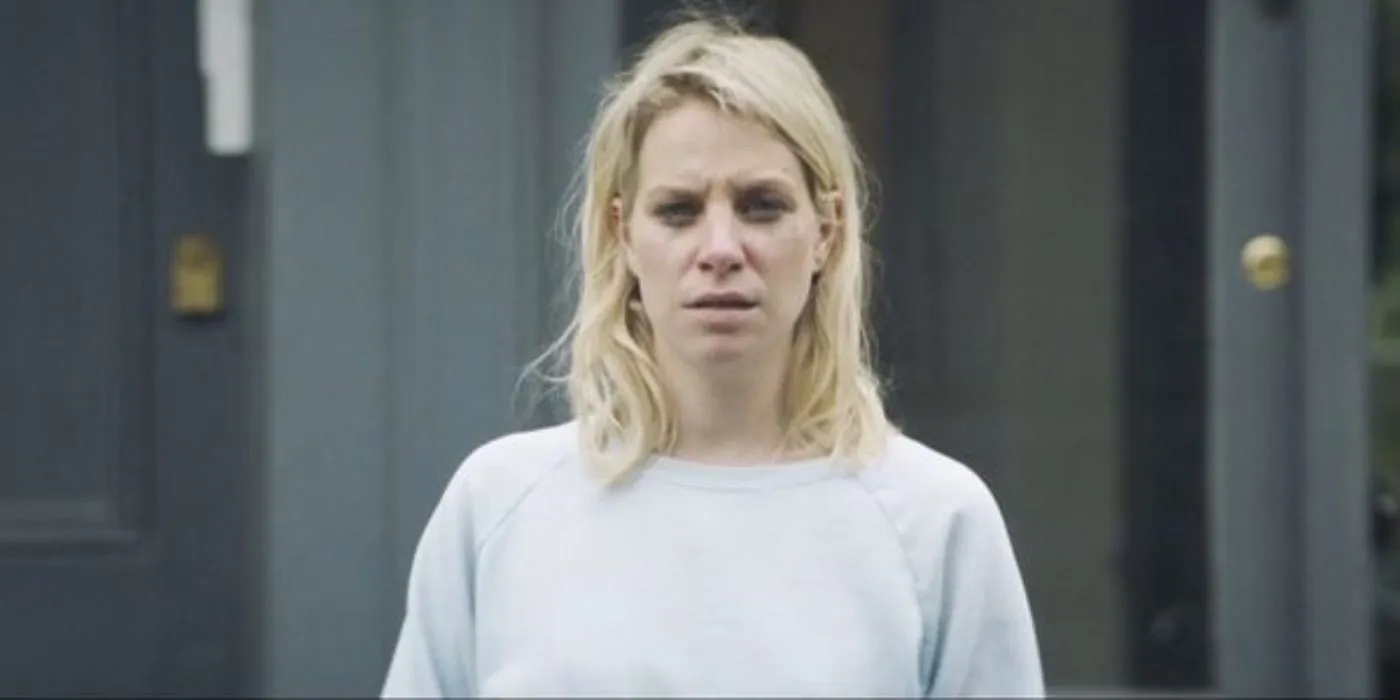


While Fleabag consistently maintained a dark comedic tone, the last episode of its first season marked a significant departure. Viewers were intrigued by the backstory of Boo, the protagonist’s best friend. However, episode 6 revealed Boo’s tragic accidental death, which was steeped in a shocking twist: it was tied to Fleabag’s actions regarding Boo’s cheating boyfriend. This revelation stripped the humor from the narrative in a way that felt too abrupt for many viewers.
9 Chris’ Death
Skins (2007-2013)
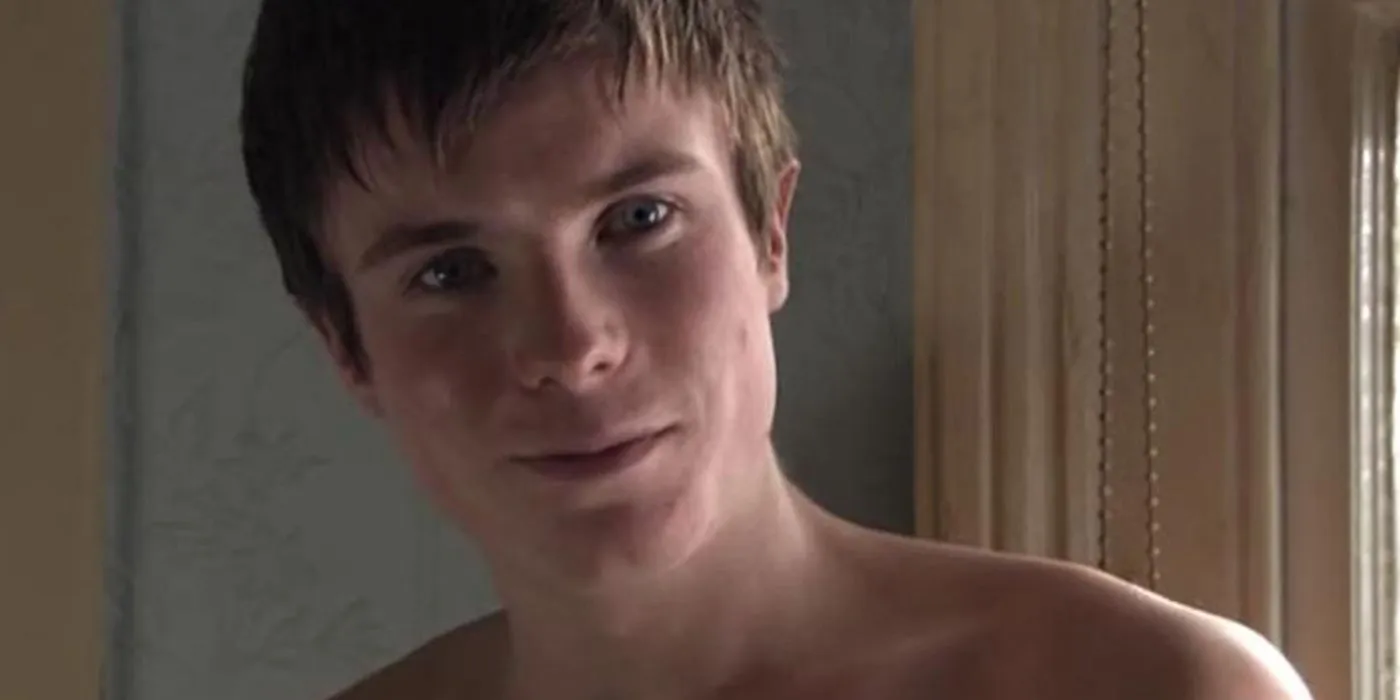

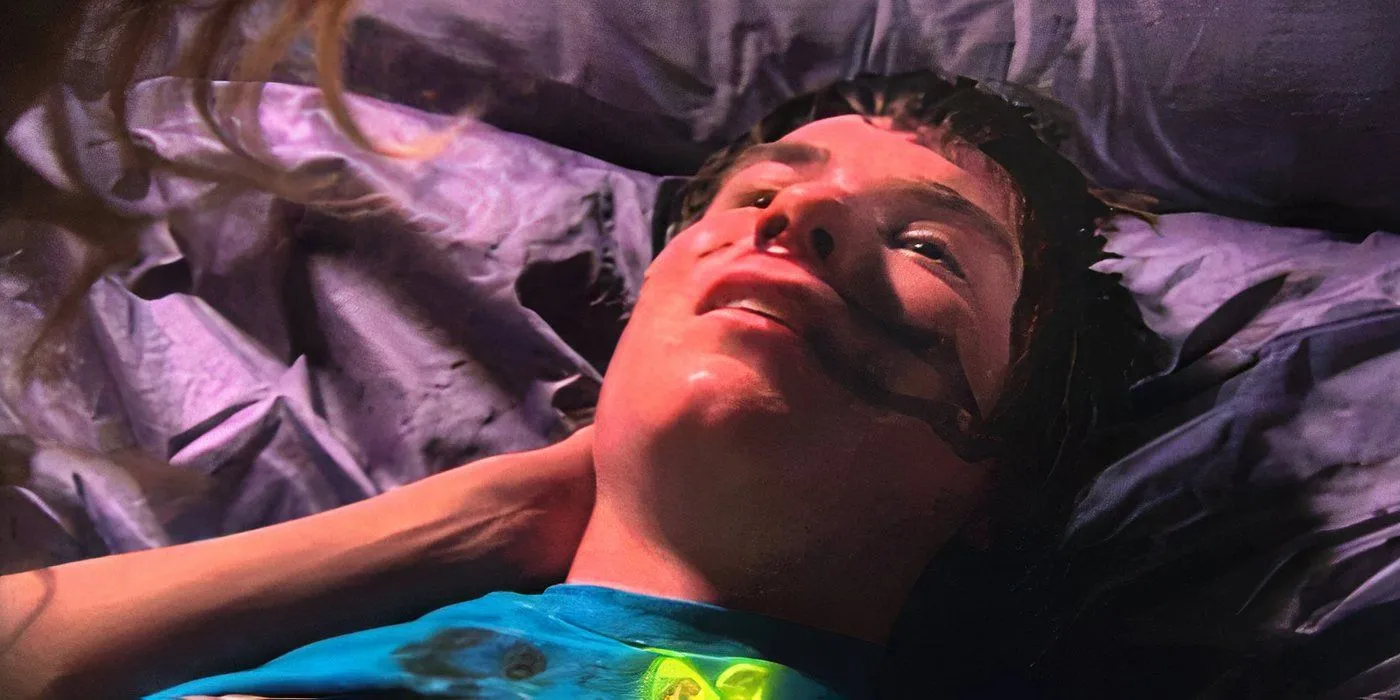
The series Skins was no stranger to serious themes, yet Chris’s death marked a particularly jarring moment. As the show had previously depicted the adolescent struggles of its characters, Chris’ unexpected brain hemorrhage dramatically shifted the narrative tone. This moment highlighted the harsh reality that not all stories would conclude with a sense of closure or happiness.
8 Season 4 Storylines
Shameless (2011-2021)

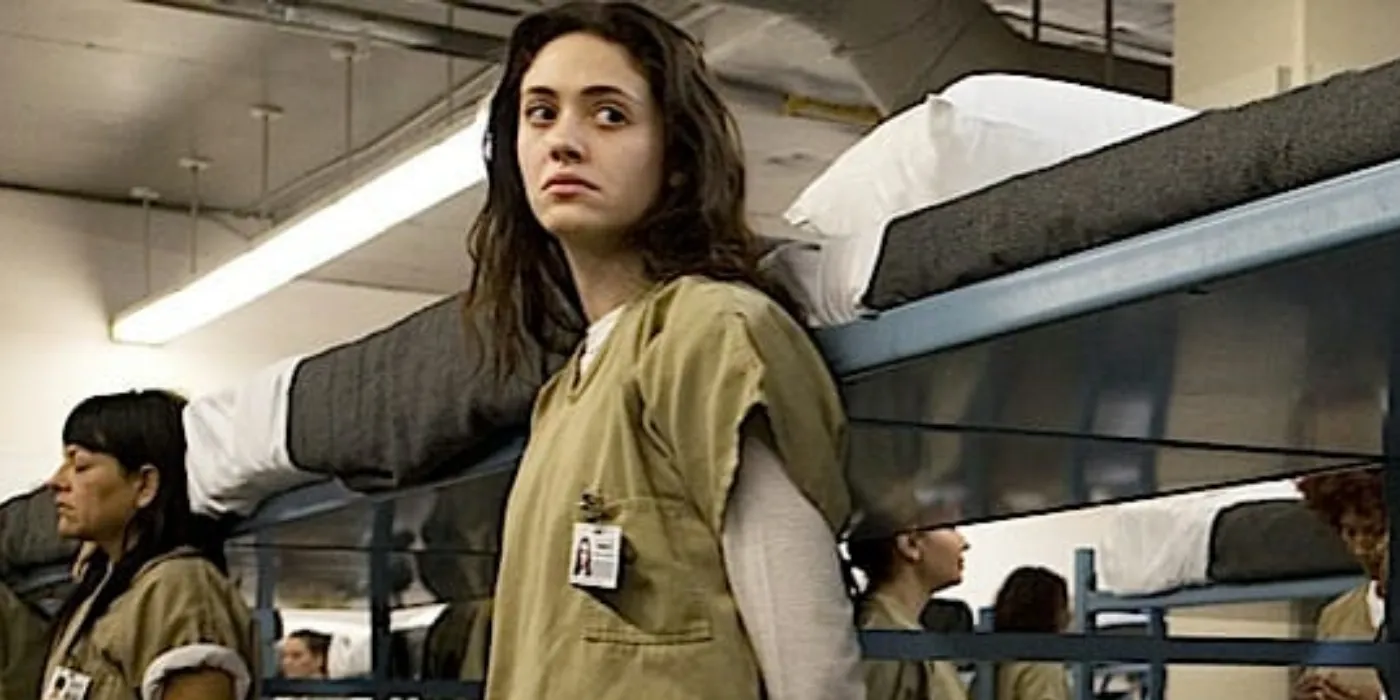
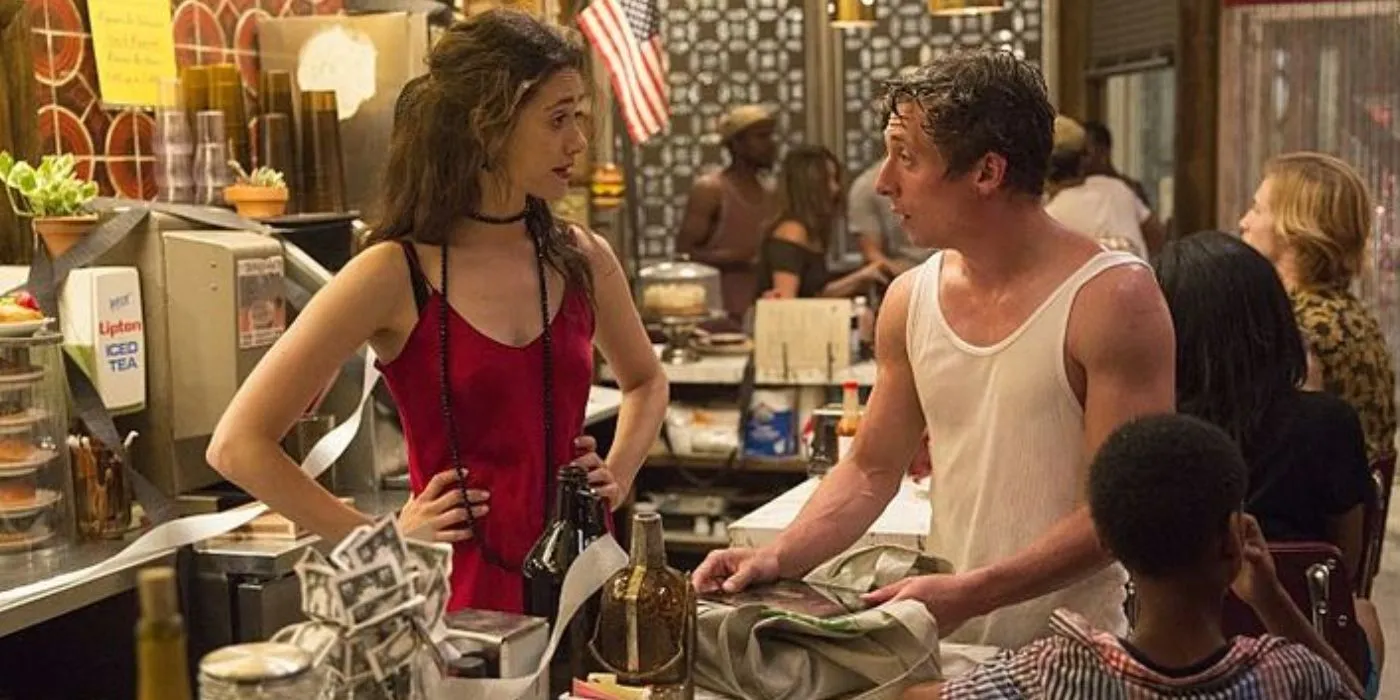
Season 4 of Shameless is often regarded as the series’ peak, but it also marked an increasing seriousness in storylines. The earlier seasons balanced comedy and drama adeptly; however, this season introduced heavier narratives, from Ian’s bipolar issues to Fiona’s incarceration. While the darker themes provided compelling television, they created a stark tonal shift that made subsequent seasons feel disjointed.
7 Vee’s Arrival
Orange Is The New Black (2013-2019)
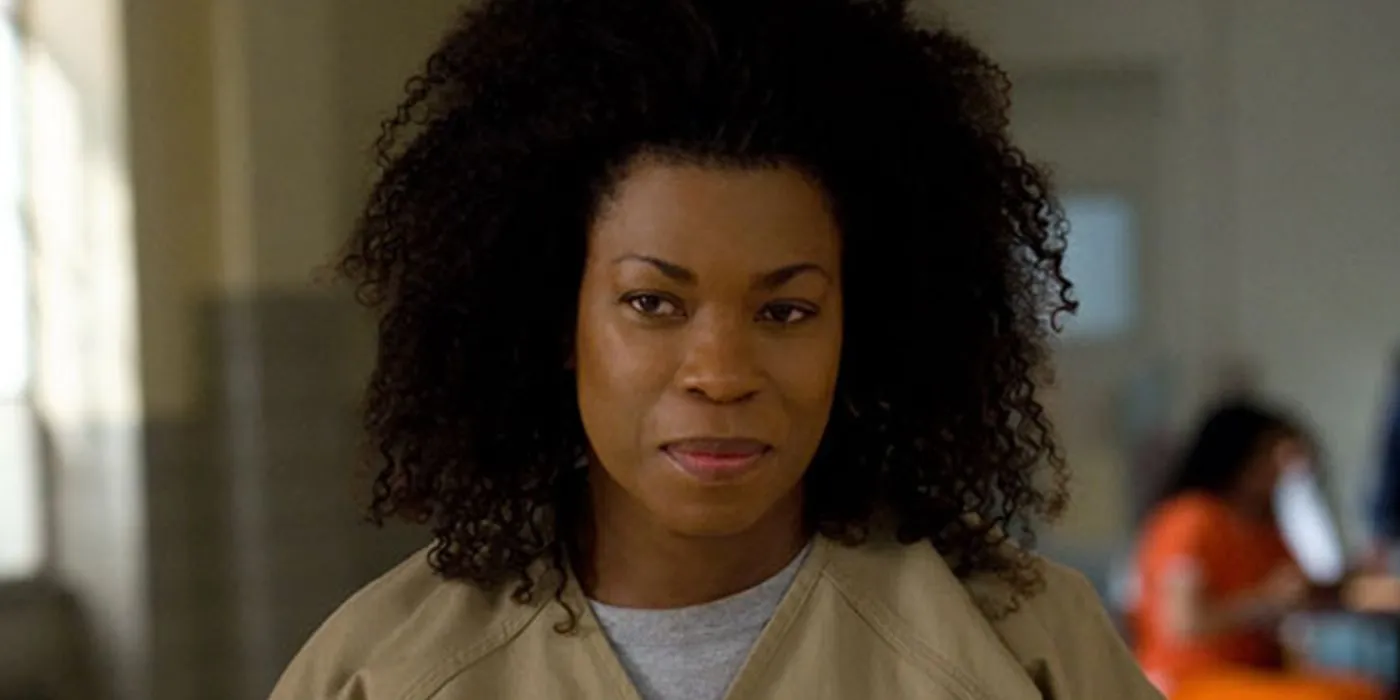
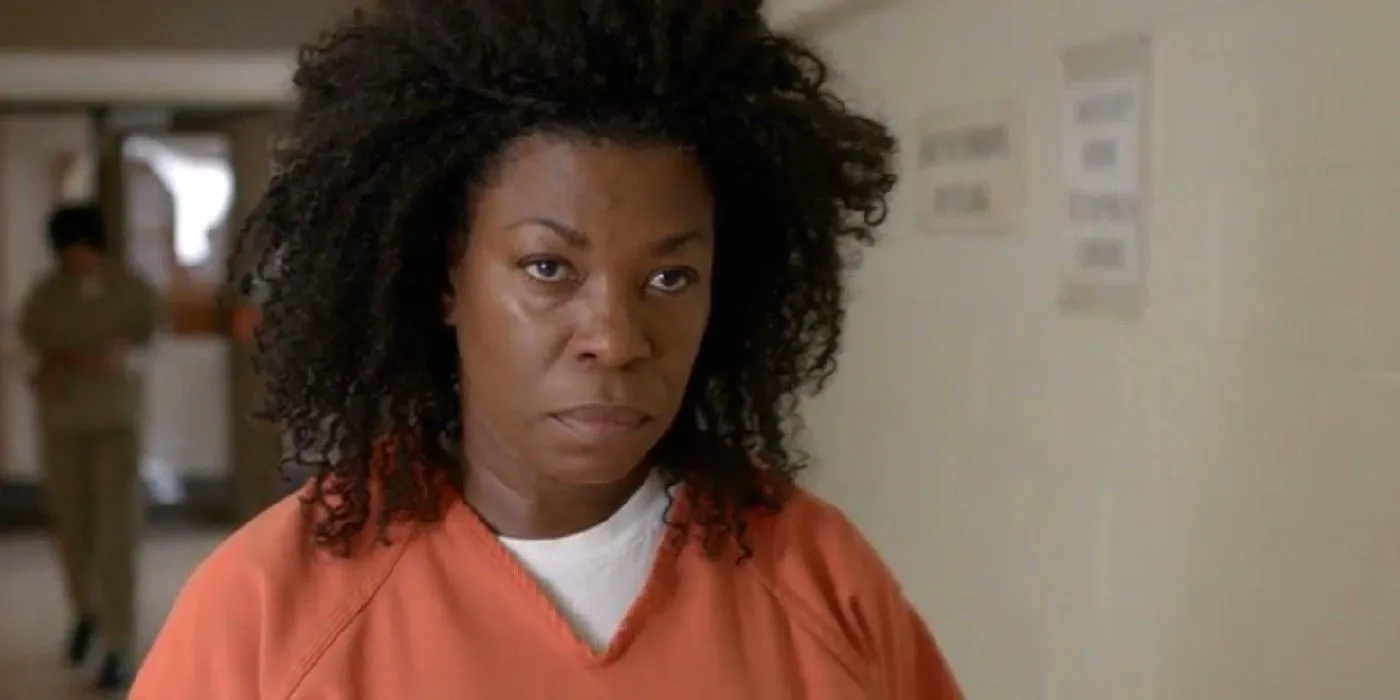
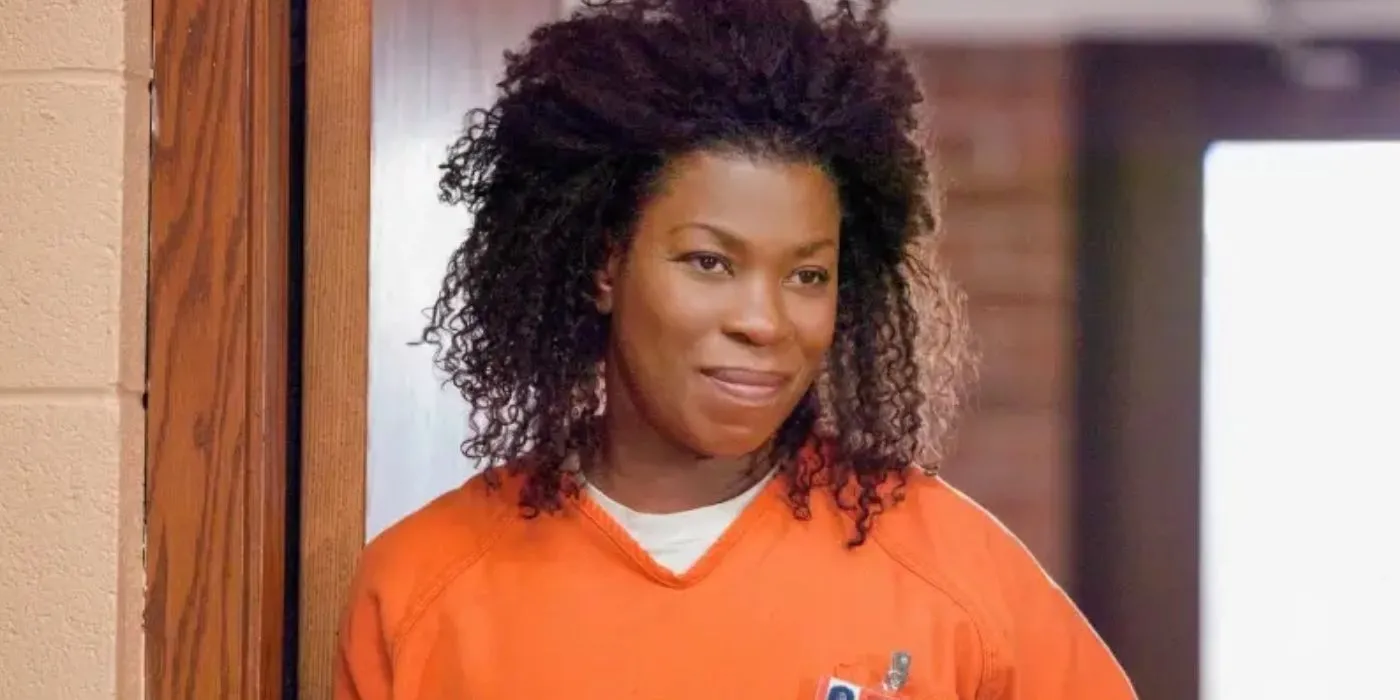
Orange is the New Black initially thrived on humor, yet identified a shift in tone with the introduction of Vee Parker. This character, characterized as a manipulative sociopath, created heightened conflicts among the inmates. The escalating tension, combined with impactful storylines like Rosa’s cancer, resulted in a tonal heaviness that threatened the series’ comedic roots.
6 Henry’s Death
M*A*S*H (1972-1983)
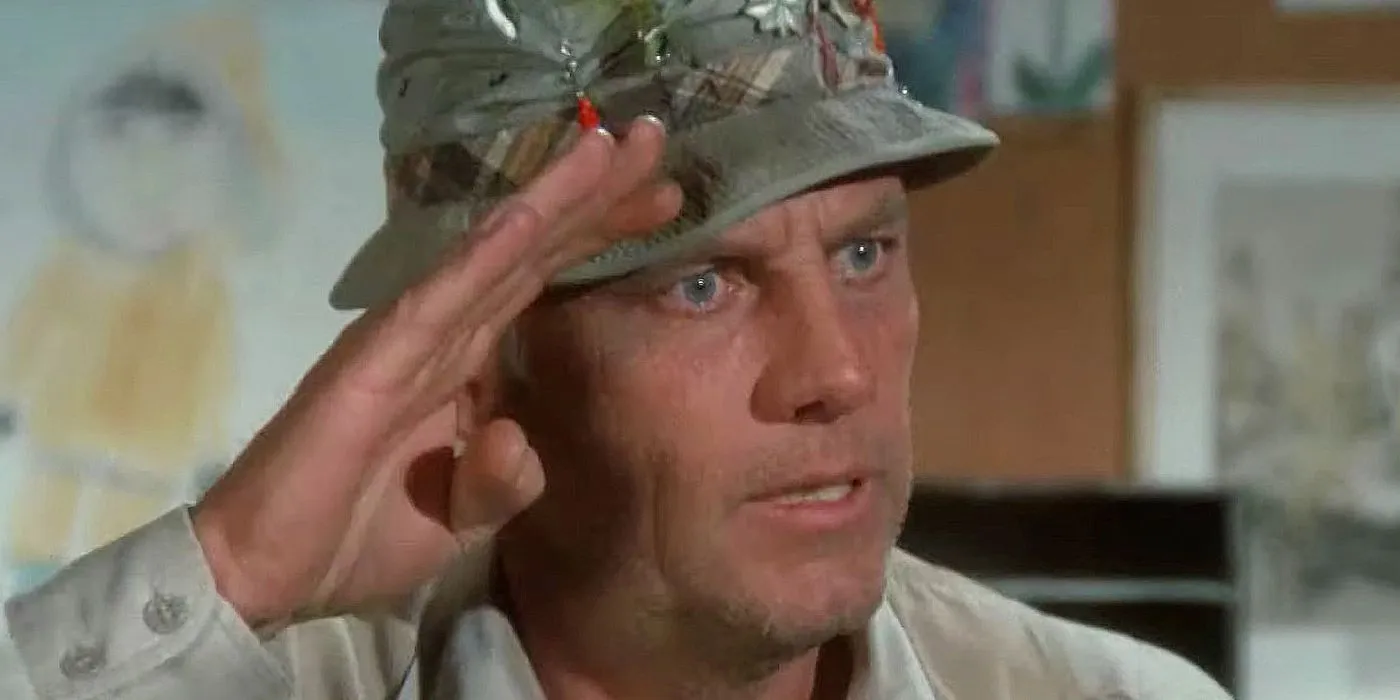
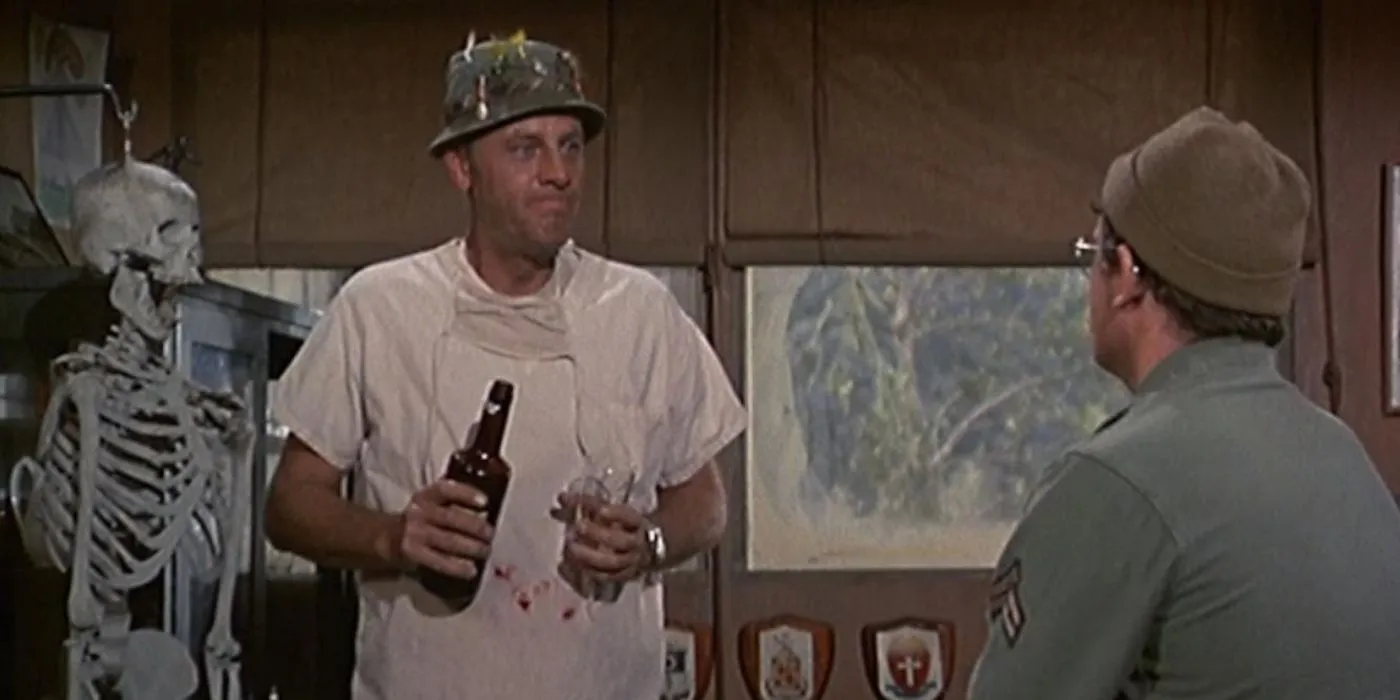
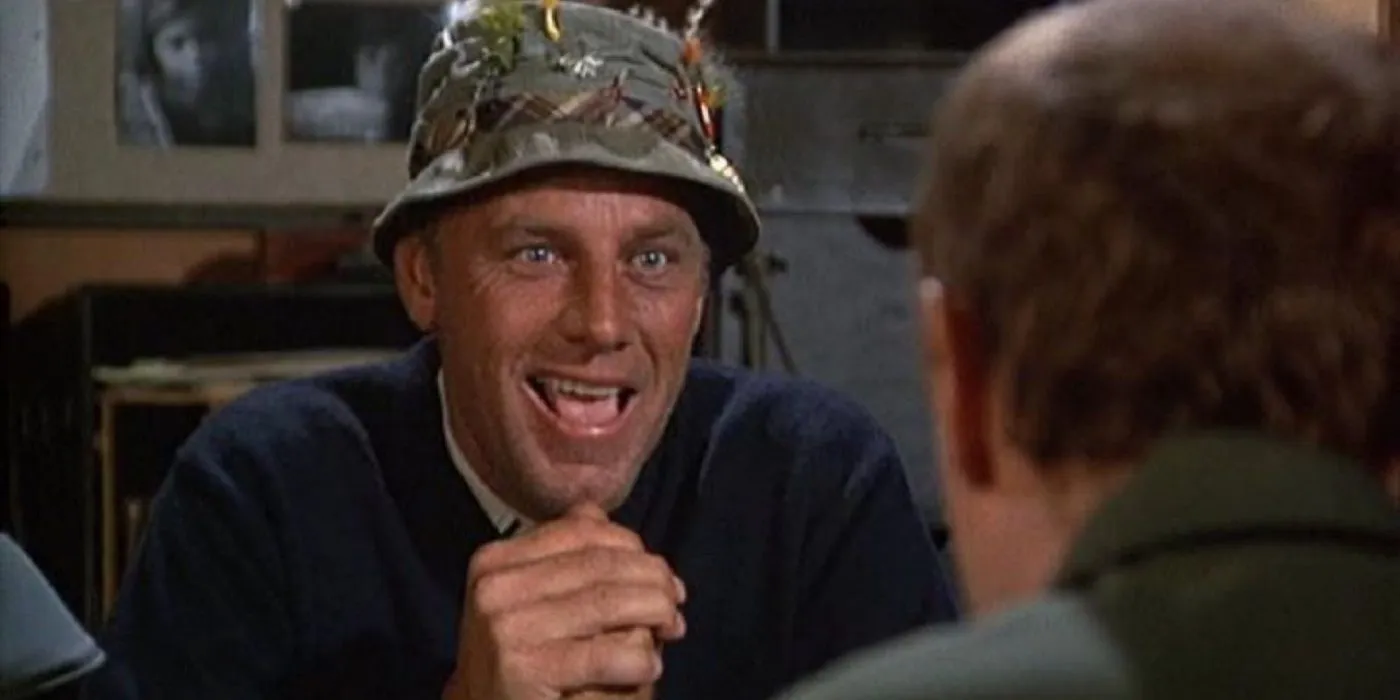
The off-screen death of Henry Blake in M*A*S*H generated widespread conversation when it aired in 1975. Although the show, set against the backdrop of the Korean War, faced serious themes regularly, Blake’s demise caught viewers off guard. The impact of his death was profound, foreshadowing the show’s evolution toward more complex narratives while retaining its comedic essence.
5 Bow & Dre’s Divorce Arc
Black-Ish (2014-2022)

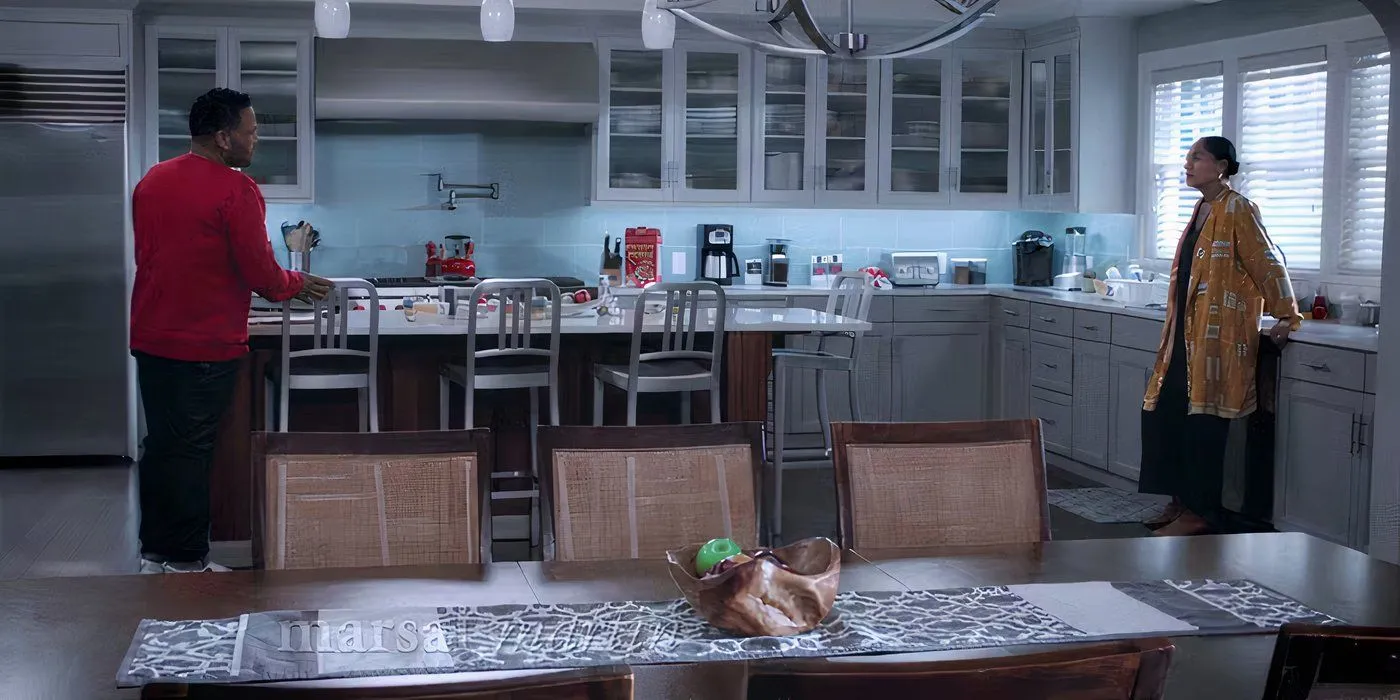
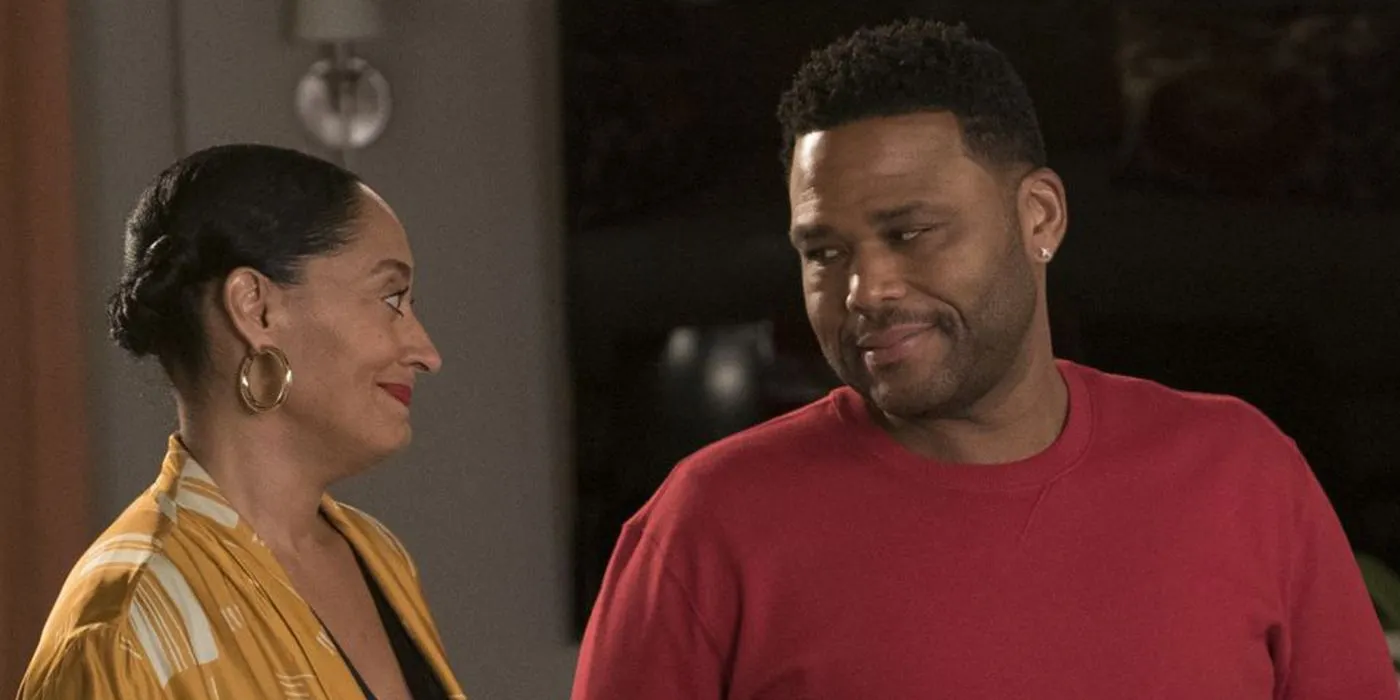
The challenging episodes depicting Bow and Dre’s marital troubles in Black-Ish were striking for their emotionally charged narrative. The once-playful exchanges of the couple turned sharply tense, giving the series an unexpected gravity. Their reconciliations, especially stemming from Bow’s father’s death, felt heavy-hearted and detracted from the lightheartedness typical of the series.
4 The Monastery Shooting
Barry (2018-2023)


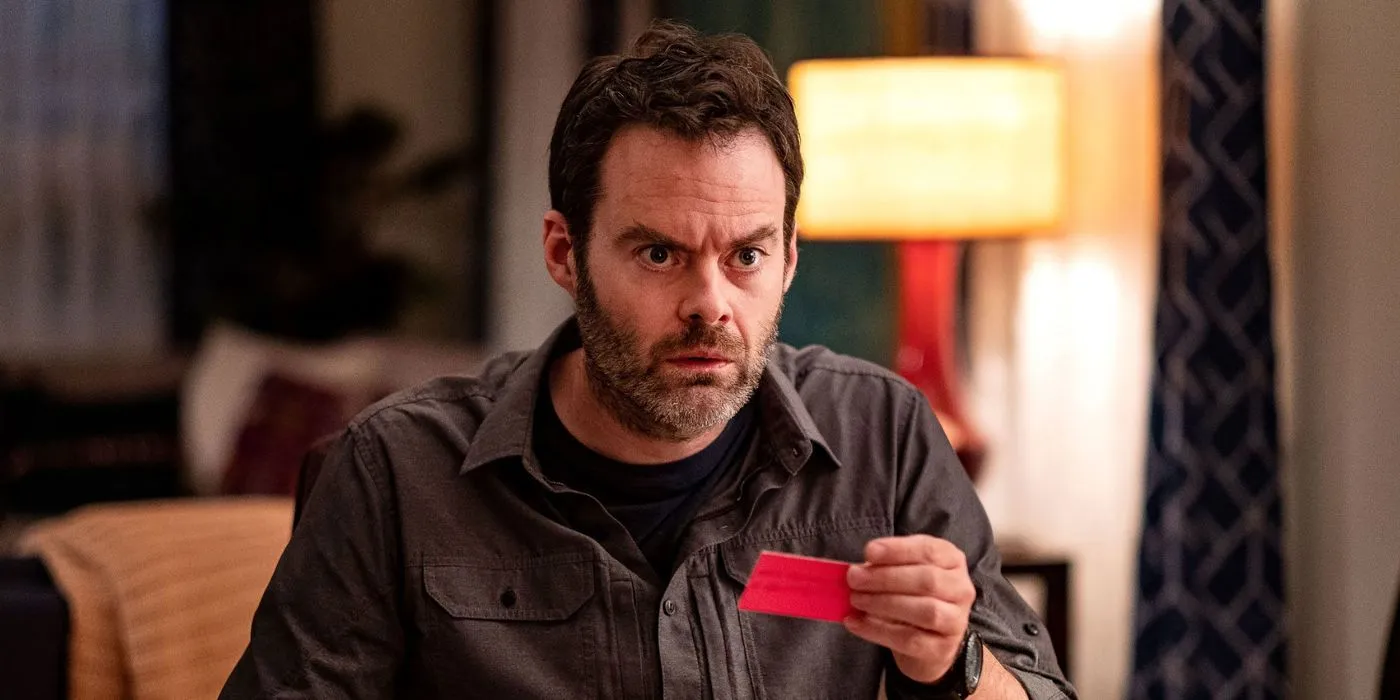
The season 2 finale of Barry witnessed a stark transformation when the protagonist erupted into violence at a monastery. The shocking act not only propelled the series into darker territory but also set a tone for the tumultuous season that followed. As characters evolved post-calamity, the series maintained a flicker of comedy, despite the overwhelming seriousness of its narrative.
3 Buffy’s Sacrifice
Buffy The Vampire Slayer (1997-2003)
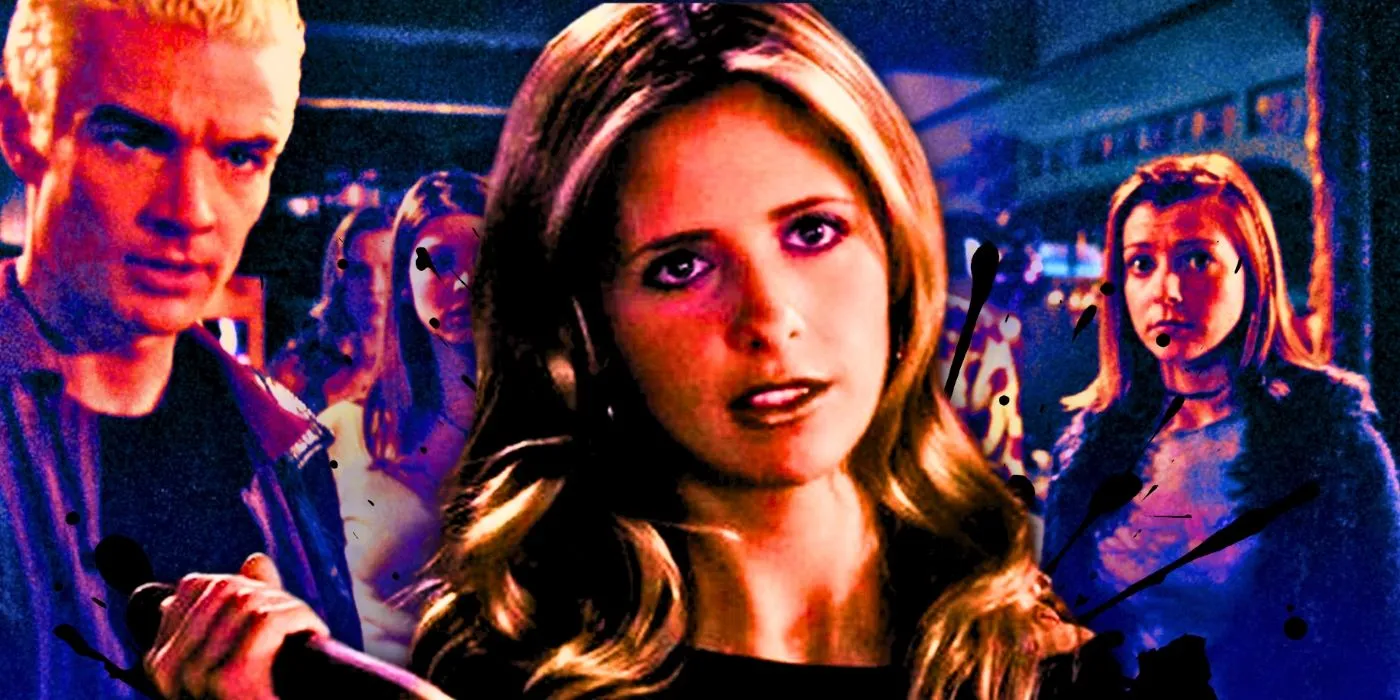
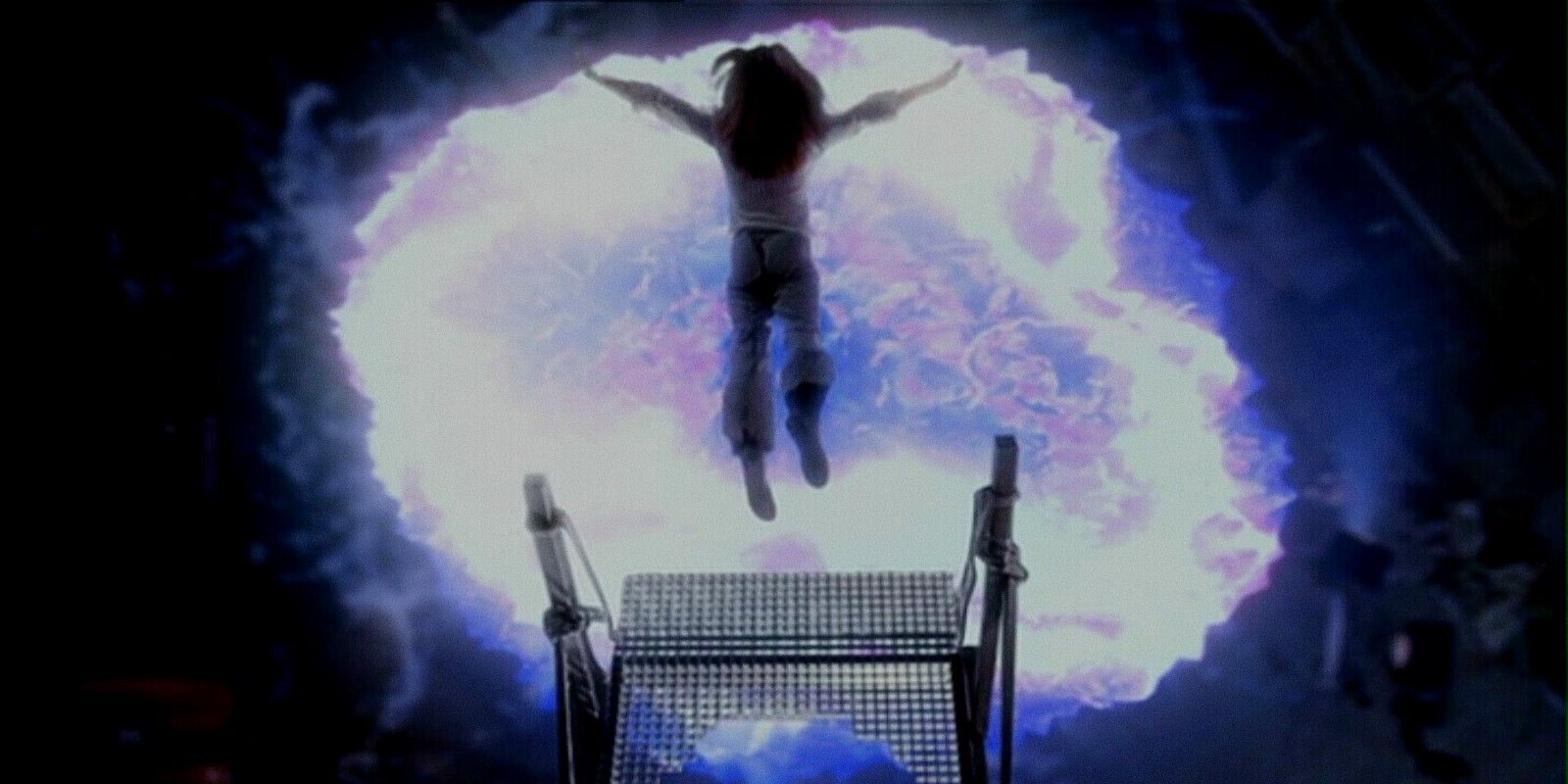
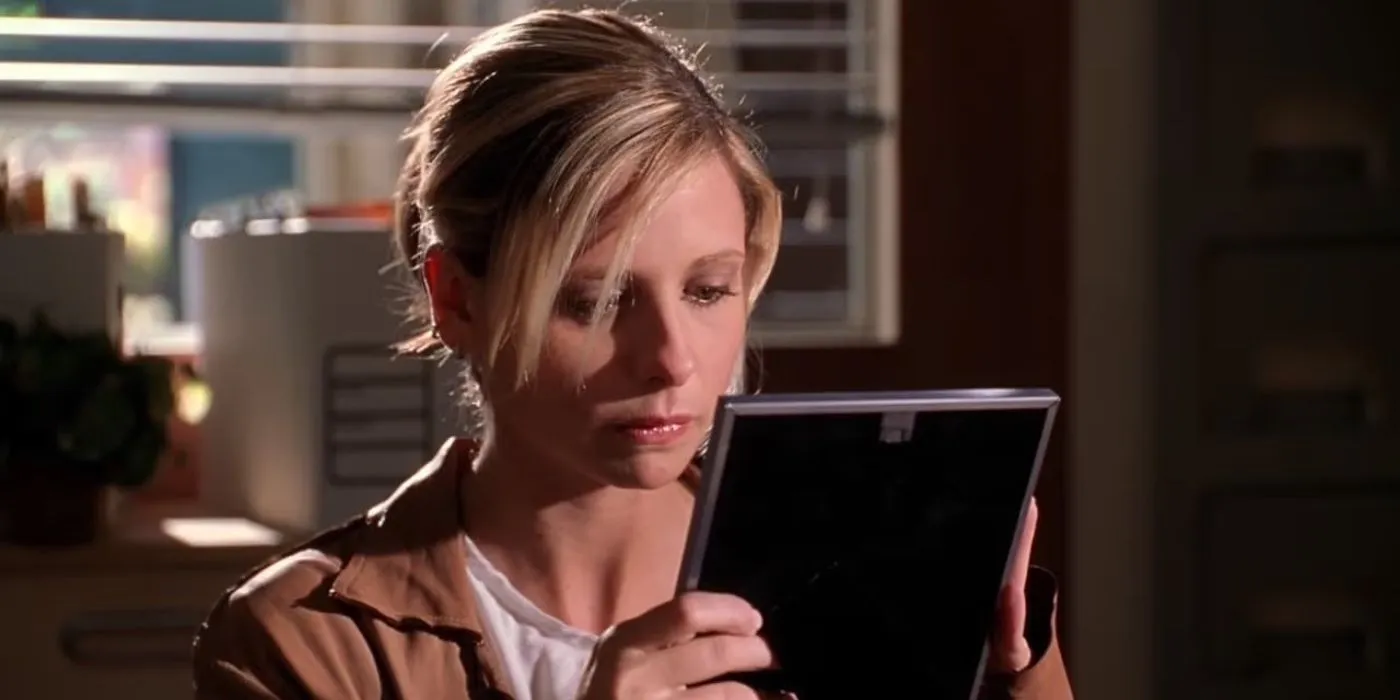
In Buffy the Vampire Slayer, the emotional weight of Buffy’s self-sacrifice in “The Gift” contrasted sharply with the show’s usual blend of humor and horror. Buffy’s return in season 6 embraced darker themes, revisiting the fallout of her choices. Even as humor persisted, the overall narrative introduced a heavier atmosphere, particularly during the exploration of grief and loss, which shifted how audiences perceived the show.
2 Rebecca’s Breakdown
Crazy Ex-Girlfriend (2015-2019)

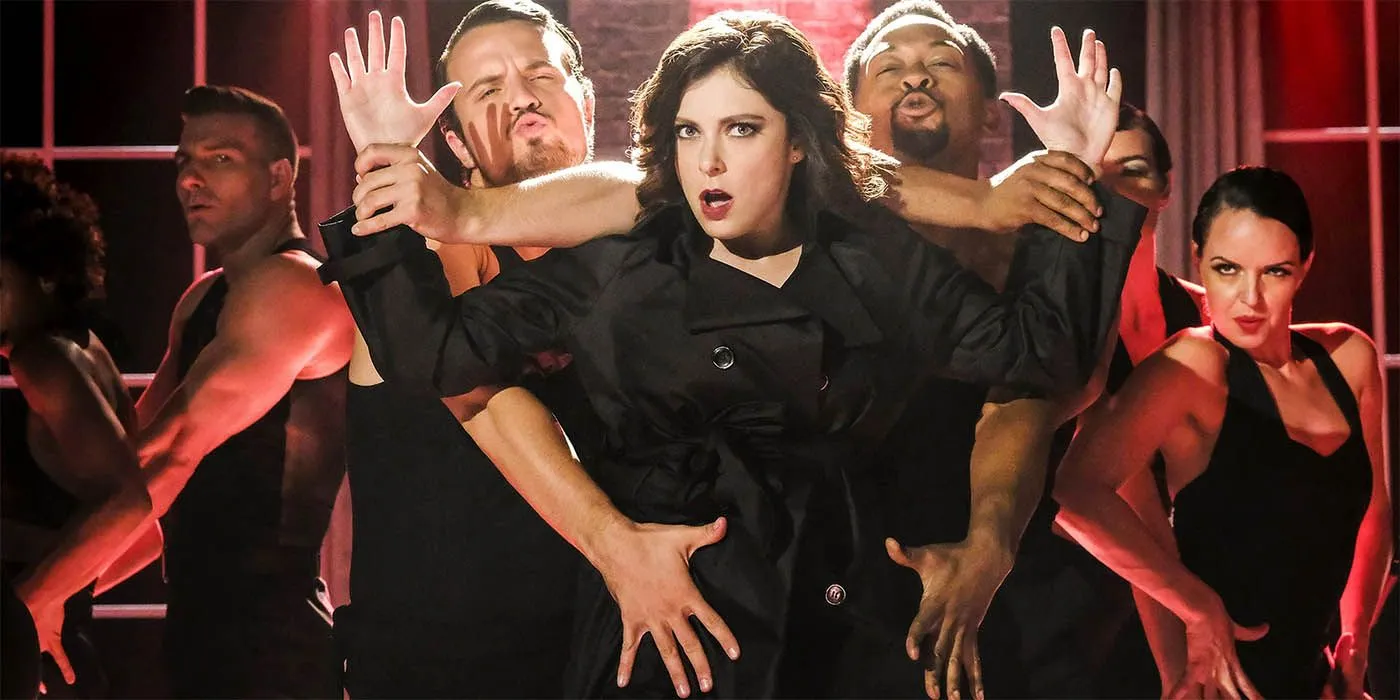
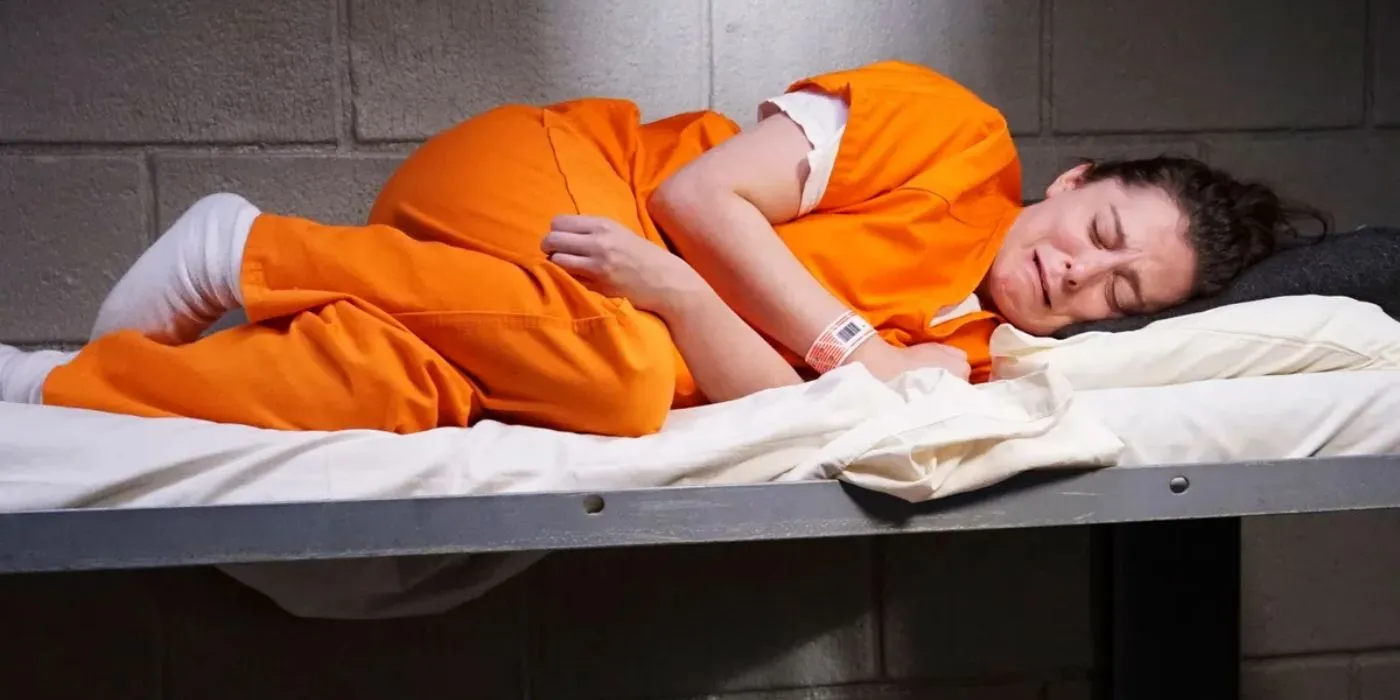
Crazy Ex-Girlfriend took a remarkable turn as Rebecca Bunch spiraled into despair following her broken engagement. The jumble of humor was replaced by an exploration of her darker thoughts and mental health struggles, leading to profound narrative shifts. Moments such as suicidal tendencies highlighted the weight of serious topics that contrasted sharply with the show’s original playful vibe, influencing its overall tone moving forward.
1 Alisha’s Death
Misfits (2009-2013)
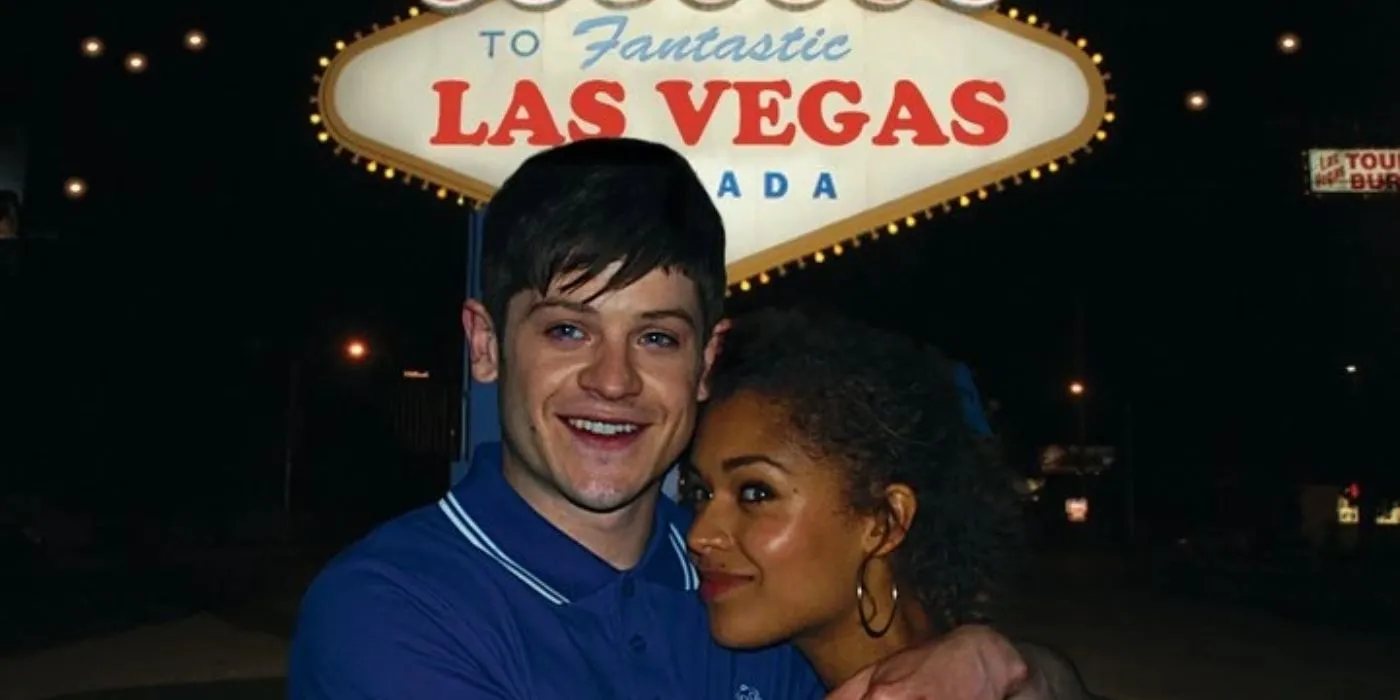

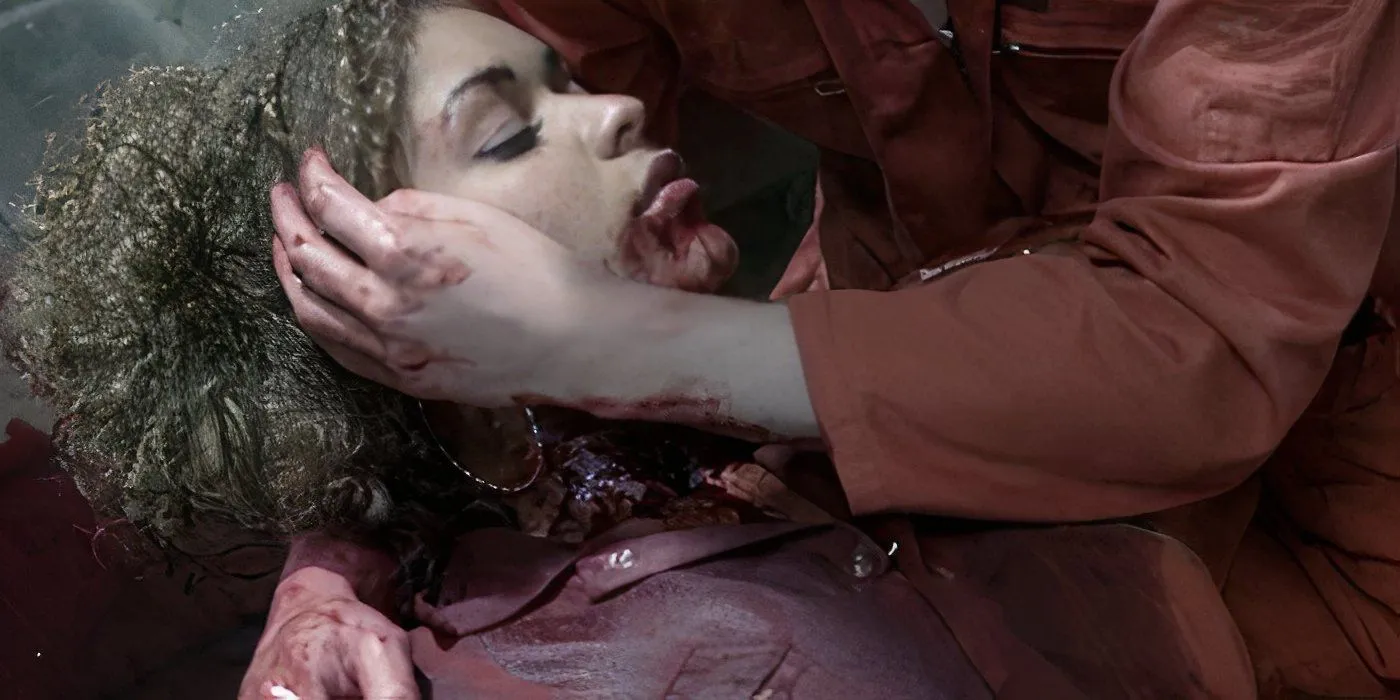
In the dark comedy Misfits, the significant tonal shift was felt with Alisha’s unexpected death in the season 3 finale. Initially known for its humor, the subsequent seasons delved into darker themes, dramatically altering the show’s fabric. Alisha’s demise shocked audiences, and the narrative became less jovial and more focused on intense emotional arcs, marking the gradual decline of the series’ comedic essence.
Leave a Reply